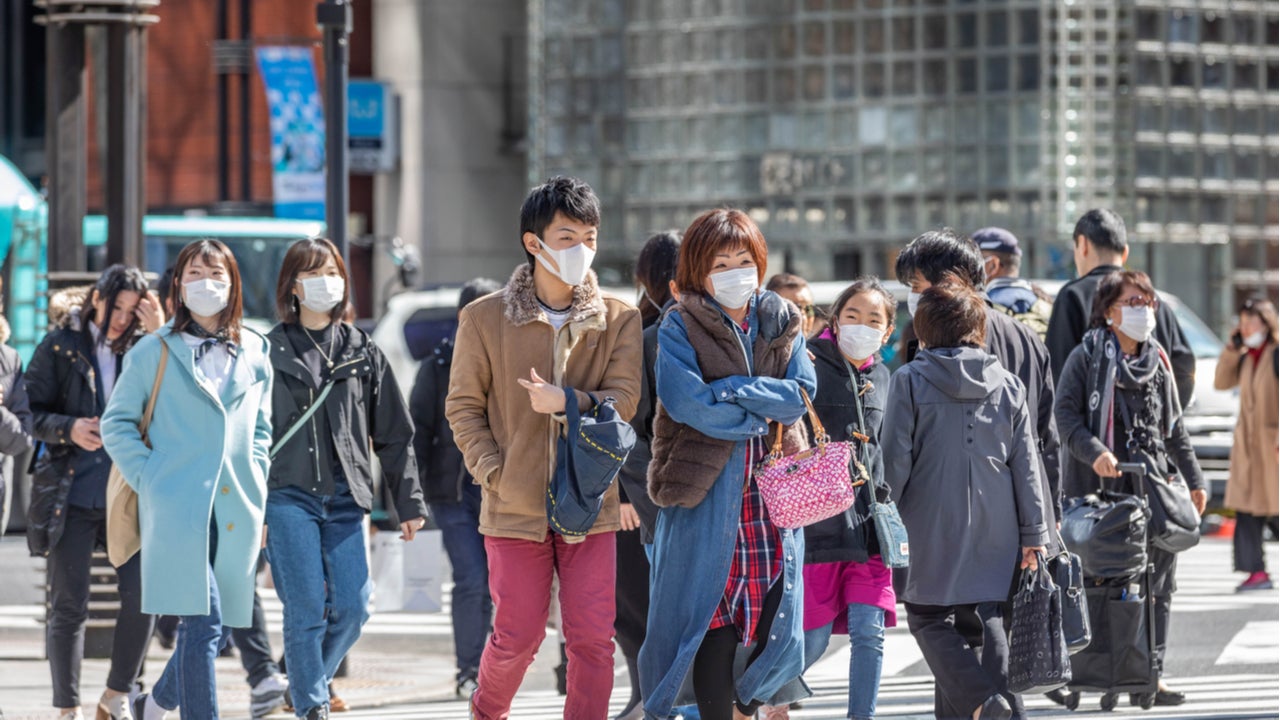Some economists believe that Japan’s extra budget of the 2021 fiscal year will further strain the industrial world’s heaviest debt burdens.
Wonk Monk
Wonk Monk, an economic policy activist, shared an article on the Japanese parliament approving a record extra budget of $317bn in spending to secure the economy against the fallout of the Covid-19 pandemic. She believes that the country did not consider that there was no fiscal space at 270% gross public debt per GDP, implying the move could further strain the industrial world’s debt burdens.
The $317bn budget has been set aside for tackling the Covid-19 crisis, including investments in vaccines and drugs, and to hand out cash payments for families with children and funds to promote tourism.
The first ever supplementary budget to support post-pandemic growth, will be partly financed by additional government bonds to be issued in this year. The budget also focuses on boosting tourism, corporate funding, green and digital transformation, and in strengthening supply chains and semiconductor factories.
Japan parliament approves record extra budget to secure post-pandemic growth https://t.co/v32GBWoc59
I guess Japan's parliament didn't get the memo about no fiscal space at 270% gross public debt/GDP.
 GlobalData Strategic Intelligence
GlobalData Strategic IntelligenceUS Tariffs are shifting - will you react or anticipate?
Don’t let policy changes catch you off guard. Stay proactive with real-time data and expert analysis.
By GlobalData— wonkmonk (@wonkmonk_) December 20, 2021
David Wessel
David Wessel, director of the Hutchins Center on Fiscal and Monetary Policy at the Brookings Institution and a contributing correspondent to The Wall Street Journal, shared an article on US Fed’s response to the Covid-19 crisis and how it reacted to the economic effects of the pandemic.
Economists believe that the Covid-19 pandemic triggered a deep economic downturn in the US, leading to a dash-for-cash scenario to hold on to deposits and only the most liquid assets that disrupted financial markets and threatened to worsen the situation. However, the Federal Reserve intervened to keep the credit flowing to businesses and households to limit the economic damage.
The Fed purchased US government and mortgage-backed securities and supported households, families, employers, financial markets, and even state and local governments during the Covid-19 crisis. Unlike other countries where most of the credit flows through the banking system, a significant proportion of credit flows through capital markets in the US, which the Fed ensured were running smoothly.
One stop shopping: What did the Fed do in response to the COVID-19 crisis? https://t.co/yFBKv9mirA via @BrookingsInst Hutchins Center Explains. By me and Eric Milstein.
— David Wessel (@davidmwessel) December 20, 2021
David Beckworth
David Beckworth, senior research fellow at the Mercatus Center at George Mason University and a former international economist at the US Department of the Treasury, shared a discussion with economics reporter for The New York Times, Talmon Smith, on the great inflation surge of 2021 that was caused by the Covid-19 pandemic, its implications on politics and policy of governments, the current and future state of supply chains, Covid-era stimulus programmes, and labour market shifts in the US.
Smith explains that the Covid-19 crisis has forced the economy to be turned on and turned off, and there is likely to be more market imbalances with the reopening of business activities. However, some positive signs of the reopening in the US have been that the demand for goods has outstripped the supply.
In the context of increased energy prices during the pandemic, he explains that producers of fuel decide to let prices run higher before increasing the supply to increase their profit margins, typically termed as capital discipline. Meanwhile, consumers are forced to pay higher prices to use fuel for home heating, cars, trucks, or even businesses.
Delighted to have @talmonsmith of the @nytimes join the podcast today to discuss the great inflation surge of 2021. He has done interesting economic reporting on the pandemic and joined the show discuss his work. https://t.co/zCQmA2i06r (1/2)
— David Beckworth (@DavidBeckworth) December 20, 2021




